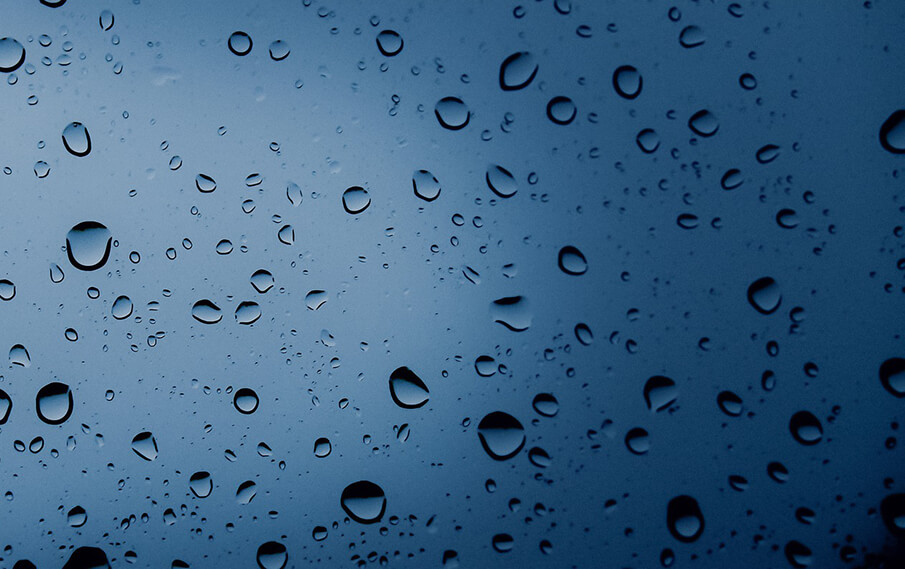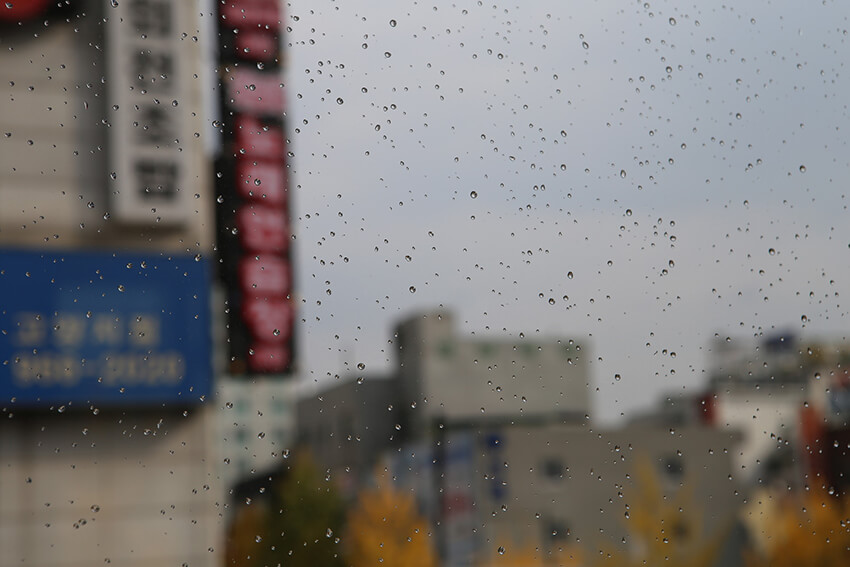Sparkle? Really?

Many of us buy products for cleaning windows and mirrors (and other large bits of glass around our homes) without much thought. We take it for granted that they do the work of getting the gunk off your window and don’t leave streaks all over the window either. But how do they work? Are commercial cleaning products for glass the only answer for getting your windows shiny?
Don’t panic – we’re not going to bombard you with scientific formulae or long chemical names!
The Science Behind Window Washing Products
Most commercial products for cleaning glass have some solvent to get rid of the oily gunk that builds up on windows and doors. Most of this oil comes from the skin in the form of handprints; other types of dirt usually wash off with just a bit of water. There’s also something in most of those products to prevent streaking, which is often alcohol or something else that’s very volatile and will evaporate quickly, so streaks don’t form.
The other way that glass cleaners manage to prevent streaking is by ensuring that there aren’t any salts (that’s salt in the scientific sense) in the product. This means that there aren’t any solids to be left behind as residue, which is something you get with products designed to clean other hard surfaces.
A lot of commercial windows cleaning products contain ammonia, as it is a grease cutter and it also evaporates quickly. Some may contain strong alkaline products such as sodium hydroxide (lye) or strong acids like hydrochloric acid – though they won’t contain both products at once. A lot of them also contain a few artificial fragrances to cover up the powerful pong emitted by these ferocious chemicals.
Reach & Wash Method
If you’re sensitive to chemicals and want clean windows and mirrors but without harming the environment, then you may want to consider another option. And greener options are possible. After all, plenty of professional window cleaners in London manage to get windows looking perfect with just water if they operate high-reach window washing machines.

DIY Cleaning of Your Windows
You’ve got other options, too, even if you want to do the job yourself rather than hiring a pro to do it for you. You can make the process of cleaning your windows, mirrors and glass a bit more environmentally friendly in some ways:
- Vinegar and water. Vinegar and water mixed (or even just straight vinegar) will dissolve a lot of the gunk on your window and will evaporate without leaving spots. What’s more, vinegar used straight will also kill mildew.
- Plain water and lots of elbow grease. It’s simple, but it will require a fair amount of effort. If you call it a workout, it becomes a lot more enjoyable.
- Newspaper. Apparently, the ink in old scrunched newspapers acts as a solvent to get rid of the dirt, while the paper mops it all up before it can leave streaks. You will need to get the newspaper slightly damp first, either with plain water, water and vinegar mix, or water with a little squirt of detergent. Don’t let the newspaper get too wet or it will leave paper scraps all over your window.
Levelling the Window Cleaning Game

I’m not sure if you are aware but there are female only cleaning companies who know very well how glass and window cleaners work. I was quite surprised to see they operate the Reach & Wash system, which can be heavy when reaching high level floors. Employing the power of knowledge how different cleaning products work gives you an extra advantage in your job. That extra advantage equals the game for females so they can compete on par with male window cleaners. Sweet.
